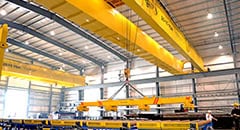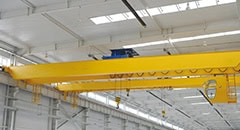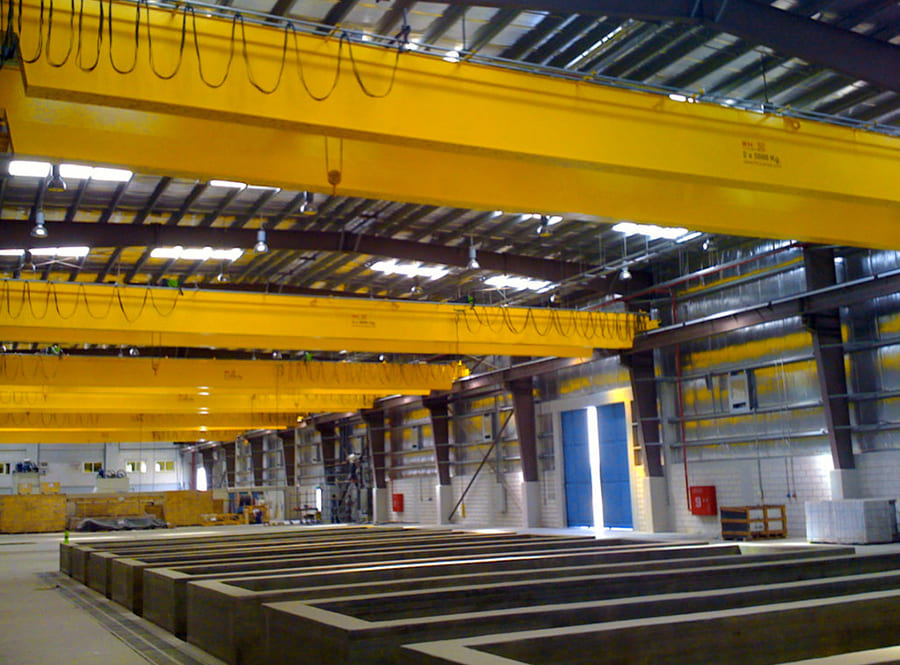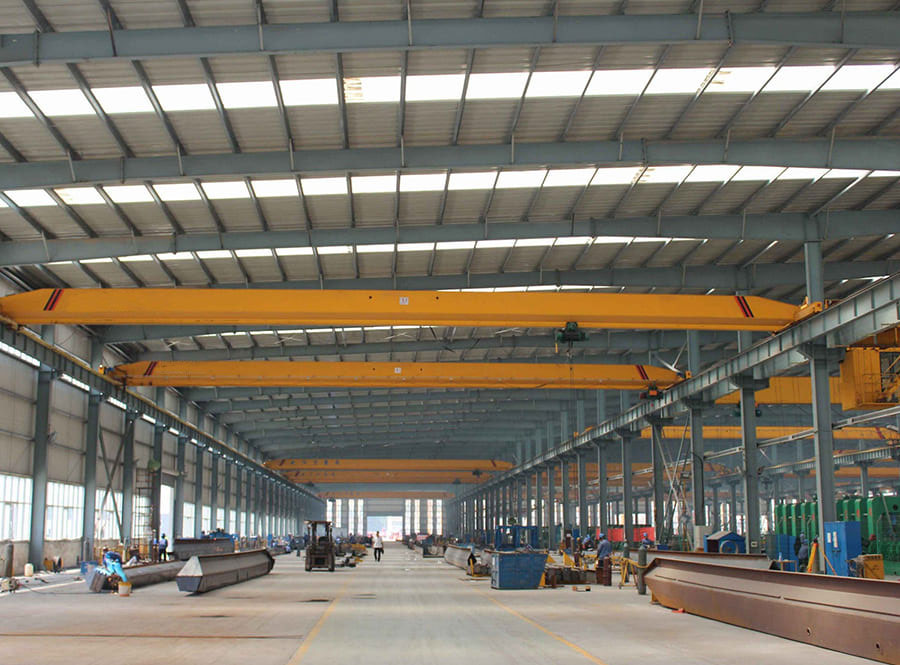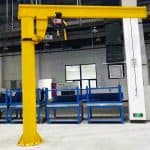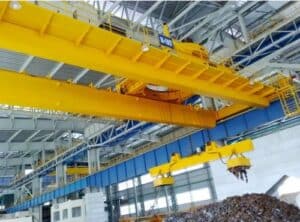The structural differences between cranes of different tonnages can vary depending on the specific design and manufacturer. However, here are some general considerations:
Size and dimensions: Cranes with higher tonnages typically have larger overall dimensions compared to lower-tonnage cranes. This includes longer booms, taller mast heights, and larger counterweights to accommodate the increased lifting capacity.
Structural strength: Higher-tonnage cranes require stronger structural components to support and lift heavier loads safely. This includes thicker and more robust steel sections, reinforced booms, and sturdier connections to handle the increased stresses.
Boom length and configuration: Cranes with higher tonnages often have longer booms to reach greater heights and longer horizontal distances. The boom configuration may also vary, with telescopic booms commonly used for higher tonnages to provide greater reach.
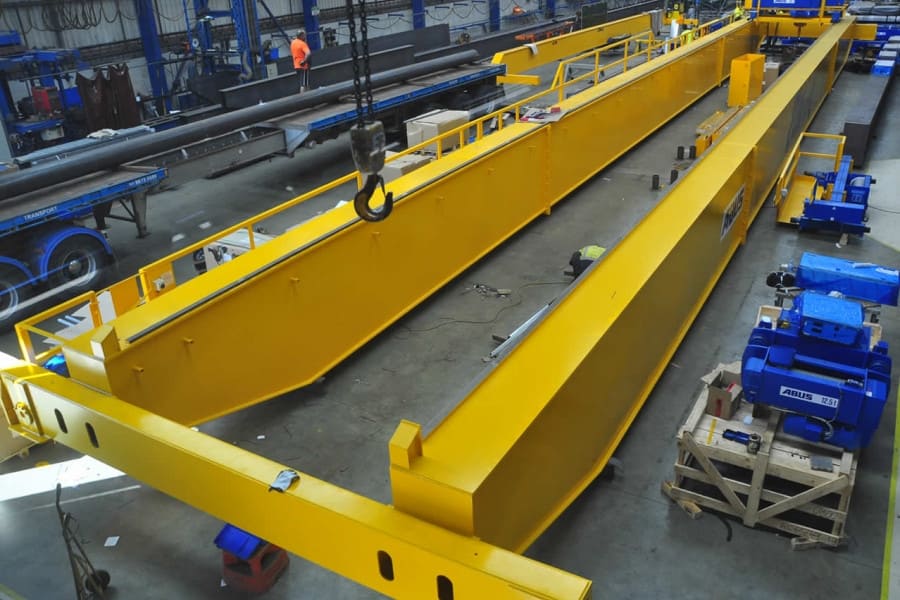
Counterweight system: Heavier cranes require larger counterweights to balance the load and ensure stability during lifting operations. The counterweight system may consist of multiple weights or specialized counterweight configurations, such as removable or variable counterweights.
Support structure and outriggers: The support structure and outriggers of higher-tonnage cranes are designed to provide sufficient stability and load distribution. The outriggers may have larger footprints and more extensive deployment options to ensure proper weight distribution and prevent tip-over.
Power and control systems: Higher-tonnage cranes may have more powerful engines or motors to generate the required lifting force. The control systems also need to be capable of handling the increased load capacity with precise control and safety features.
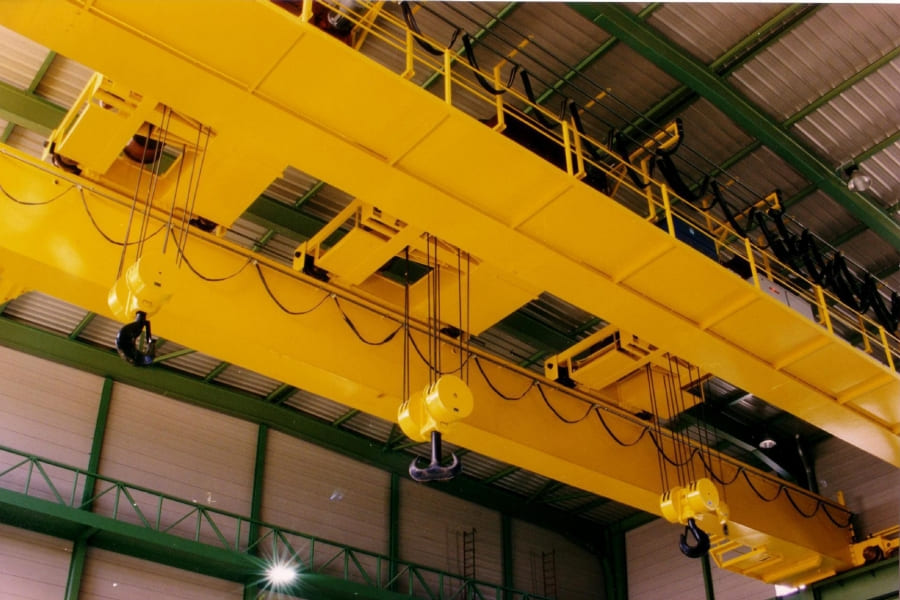
Safety devices: Cranes with higher tonnages often incorporate additional safety devices such as load moment indicators, overload protection systems, and advanced monitoring systems to ensure safe operations under heavy load conditions.
It’s important to note that these differences are general guidelines, and specific crane models and manufacturers may have unique design features and structural variations based on their engineering choices and market requirements.

